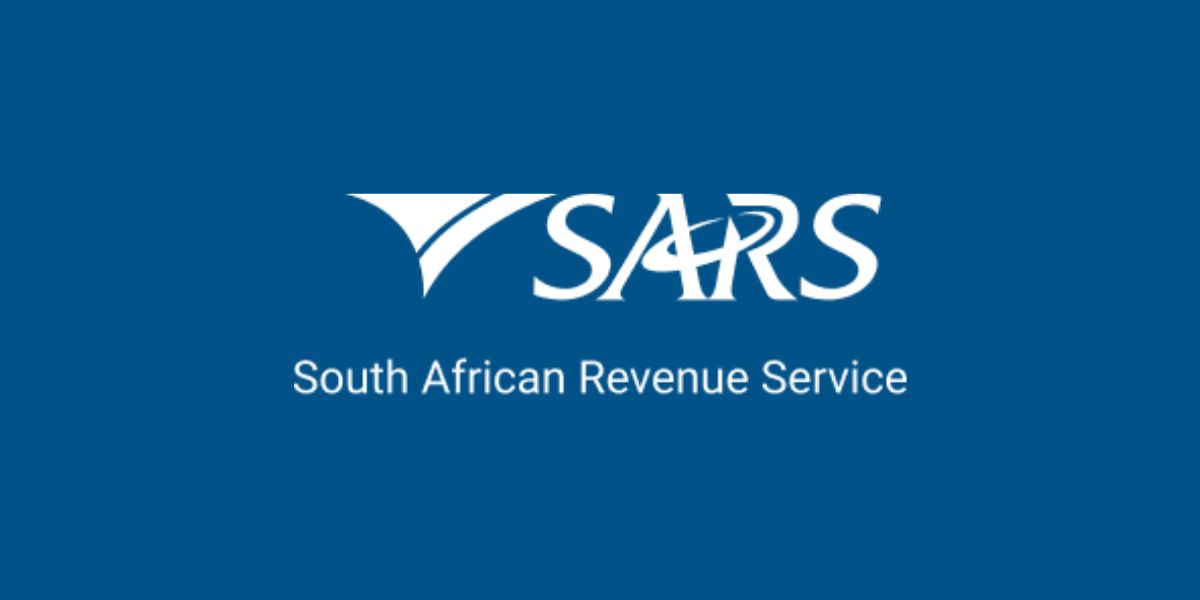SARS outlines SEZ tax incentives and licensing rules for SMMEs to support investment and trade.
The South African Revenue Service (SARS) published the Traders and Travellers Connect Edition 5 on 9 June 2025, highlighting the benefits of special economic zones for small, micro, and medium enterprises (SMMEs).
Special Economic Zones are specific geographic areas established to support designated economic activities. These zones offer tax incentives to encourage both local and international investment, as well as the transfer of technology. An SEZ must be officially designated by the Minister of Trade and Industry, and businesses operating within the zone must register and obtain licences from SARS Customs for any storage or manufacturing facilities.
Types of SEZ
The Minister of Trade and Industry can designate various types of SEZs.
Industrial Development Zone
A purpose-built industrial estate that uses domestic and foreign fixed direct investment in value-added and export-oriented manufacturing industries and services.
Free Port
A duty-free area next to a port of entry where imported goods can be unloaded for storage, repackaging or processing, subject to Customs import procedures.
Free Trade Zone
A duty-free area offering storage and distribution facilities for value-adding activities in the SEZ for export.
Sector Development Zone
A zone focused on developing an industry through general or specific industrial infrastructure, incentives, and technical and business services primarily for the export market.
For more information, go to: The Department of Trade Industry
Tax Benefits of SEZs
Income Tax Exemption
Many SEZs provide exemptions for a specific period. This can significantly reduce the tax burden on businesses, especially for startups and foreign investors.
Customs Duty Exemptions
Goods imported into SEZs often enjoy exemptions from customs duties. This incentivises companies to source raw materials and components at lower costs, enhancing competitiveness.
Consumption-tax Benefits
SEZs often have exemptions or reductions in VAT or goods-and-services tax, making it easier for businesses to manage their tax liabilities while promoting export activities.
Repatriation of Profits
Businesses operating in SEZs are often allowed to send profits back to the company’s country of origin without heavy taxation. This is particularly attractive for foreign investors looking to secure returns on their investments.
Capital Investment Incentives
Certain SEZs provide additional incentives on capital investments not available in the surrounding jurisdiction.
Employment Generation
Some jurisdictions offer tax deductions for creating jobs in the SEZ.
For more information, read our Brochure on the Special Economic Zone Tax Incentive
How to Register and License an SEZ Enterprise
- To register an SEZ Operator, including as an importer and rebate user: Apply on form DA 185 (main application form), DA 185.4A11 (Operator), DA 185.4A1 (importer), and DA 185.4A3 (rebate user).
- To apply for designation of the Customs control area: Apply on form DA 185.4A11.
- To register the Customs-control-area enterprises, including as an importer, exporter, and rebate user: Apply on form DA 185 (main application form), DA 185.4A1 (importer), DA 185.4A2 (exporter), and DA 185.4A3 (rebate user).
- Licensing of manufacturing warehouses: Apply on form DA 185 (main application form), and DA 185.4B10 (manufacturing warehouse in the Customs-control area).
- Licensing of storage warehouses: Apply on form DA 185 (main application form), and DA 185.4B9 (storage warehouse in the Customs-control area).
Effect on Economic Growth
The tax incentives provided by SEZs can attract foreign direct investment while stimulating local economies. By creating jobs, offering training, and boosting exports, SEZs can speed up economic growth. Specific Income Tax, VAT, and Customs benefits/incentives are available.













